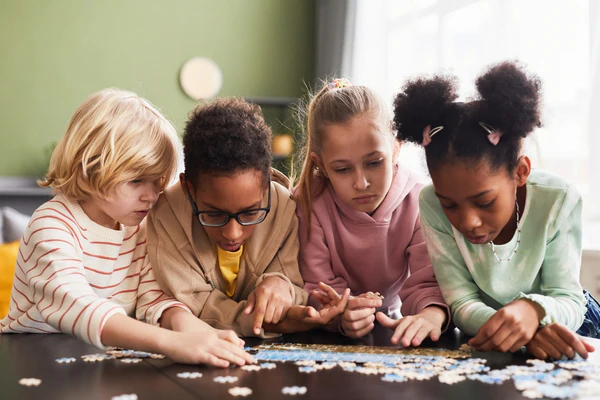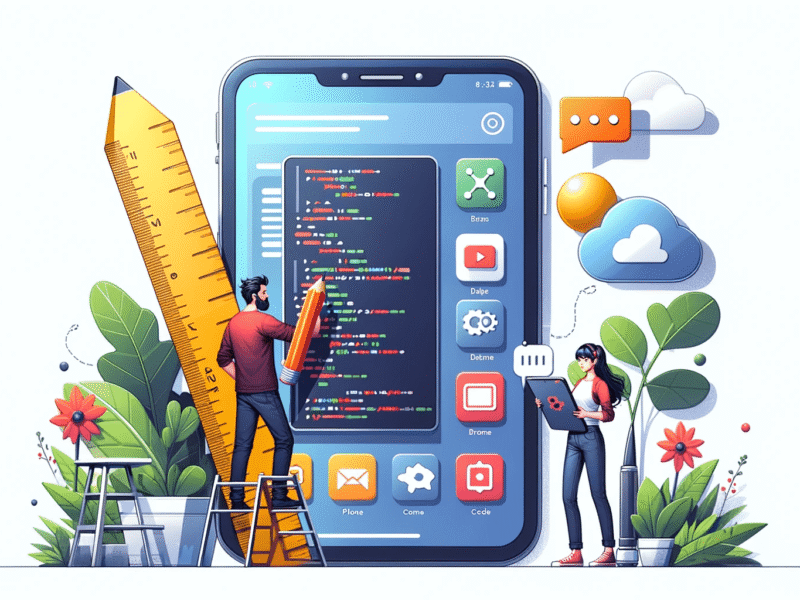As the world rapidly evolves, so too must the skills we equip our children with to thrive in the future. The next decade will bring dramatic shifts in technology, the workplace, and society, requiring a new set of competencies to navigate these changes. Traditional skills remain important, but the focus is shifting towards adaptability, critical thinking, and digital literacy. In this article, we explore the essential skills children will need in the coming years and how educators and parents can help foster these abilities.
Critical Thinking and Problem-Solving
Critical thinking is a cornerstone of future success. As the world becomes more complex, the ability to analyse problems, think independently, and make sound decisions will be invaluable. Children will need to learn how to evaluate information critically, question assumptions, and develop solutions to new and unfamiliar problems.
In educational settings such as primary school math tuition in Singapore, students are taught to approach problems systematically. This foundational skill can be expanded into other areas of learning, encouraging children to think beyond memorisation and focus on understanding how to apply knowledge in real-world situations. Problem-solving is essential across all subjects, helping students navigate academic challenges and future workplace demands.
Creativity and Innovation
In an era of automation and artificial intelligence, creativity remains a uniquely human skill that machines cannot replicate. The ability to think creatively, whether in art, science, or business, will become more important than ever. Children who are encouraged to experiment, take risks, and think outside the box will be well-positioned for the jobs of the future, many of which do not even exist yet.
Educational environments must promote creativity by offering opportunities for project-based learning and exploration. For example, lessons that integrate subjects like science and art, or math and design, encourage children to see the interconnectedness of knowledge and inspire innovative thinking. Creativity is nurtured through play, experimentation, and the freedom to make mistakes—all are essential components of a future-focused education.
Digital Literacy and Technological Fluency
As technology continues to shape the world, digital literacy will become an indispensable skill. Children must not only know how to use technology but also understand how it works and how to create with it. Coding, understanding algorithms, and basic computer science principles will be critical for future careers in a digital economy.
Children today are growing up with digital tools, but guided instruction through structured programmes, such as a Sengkang tuition centre, can help ensure they acquire deeper technical knowledge. Beyond just using apps and devices, children will need to develop a fluency in various technologies, from artificial intelligence to data analytics, as these tools become part of everyday life and work. Schools and tuition centres can play a vital role in developing these future-ready skills by integrating digital literacy into their curriculum.

Collaboration and Social Skills
Despite the rise of digital communication, collaboration and interpersonal skills will remain crucial. The future workplace will demand that individuals work effectively in teams, often across global networks. Children will need to learn how to collaborate with others, share ideas, and navigate group dynamics. Additionally, as cultural diversity increases, developing strong communication skills and cultural awareness will be vital for working in global teams.
Classroom activities that encourage group work and discussions help children build these skills. In particular, group-based tasks in tuition settings, such as those offered in Sengkang tuition centres, can foster teamwork and peer-to-peer learning. By working together to solve problems, children learn to appreciate different perspectives, manage conflicts, and communicate effectively—all key competencies for future success.
Emotional Intelligence and Resilience
Emotional intelligence (EQ) refers to the ability to understand and manage one’s emotions and empathise with others. EQ will be essential for navigating personal and professional challenges. Children who develop strong emotional intelligence are better equipped to handle stress, adapt to change, and maintain positive relationships.
Resilience is equally important, as it helps children persevere through difficulties. By fostering a growth mindset—where children view challenges as opportunities for learning rather than setbacks—educators and parents can help build emotional resilience. These skills will help children face future uncertainties with confidence and adaptability, ensuring they can thrive in a rapidly evolving world.
Cultural and Global Awareness
As the world becomes increasingly interconnected, cultural and global awareness will be critical. Children must understand different cultures, values, and perspectives to engage effectively in a diverse world. This awareness will help them navigate global challenges, work in multicultural environments, and contribute to solving issues like climate change and inequality.
Educators can foster this awareness by introducing global themes into the curriculum, such as sustainability, human rights, and social justice. Travel, language learning, and interacting with people from different cultures are also effective ways to broaden children’s global outlook. Encouraging open-mindedness and respect for diversity will prepare children to be responsible global citizens.
The next decade will bring unprecedented changes in how we live and work, and the skills children need to succeed must evolve accordingly. From critical thinking to digital literacy, creativity to emotional intelligence, these competencies will be essential for thriving in an increasingly complex and dynamic world. Schools, parents, and Sengkang tuition centres must work together to foster these future skills, preparing children for the challenges and opportunities.
For more information about how to help children develop future-ready skills, contact The Eton Academy today.




